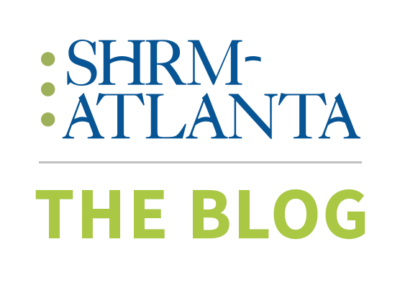Considering last week’s shooting at Apalachee High School, the need for safe workplaces may be top of mind for many area managers. Some parents have been absent from work as they stay home with children, fearing the threats of copycat school shootings. Some employees may have experienced prior traumas that recent events resurface. And overall, teams want to ensure they can appropriately prevent and respond to active shooter incidents and restore a sense of security.
SHRM-Atlanta wants to support organizations facing the difficult task of addressing not only physical safety but also the emotional and psychological well-being of their employees. When a shooting occurs, an organization’s immediate response can be to reinforce safety protocols and reassure employees that their well-being is a top priority. Workplace safety efforts should include both tangible and psychological elements to restore a sense of security. HR professionals can work with managers to:
Review existing safety policies and assess areas of vulnerability.
Ensure that staff are equipped with knowledge about evacuation plans, lockdown procedures, and how to report potential threats. This training should emphasize the role each person plays in promoting safety without increasing anxiety.
Communicate resources available for mental health and grief counseling.
Simply reducing the need to sort through employer benefits can demonstrate support. For those more directly impacted, onsite counseling can reduce barriers to accessing help and show employees that their mental well-being matters.
Lead with care and compassion.
It may not be immediately apparent that employees have been affected. If a policy of compassionate leave or flexible scheduling exists, remind managers to highlight it. If groups are impacted, open forums, memory services, or spaces for collective healing may help individuals feel less isolated in their grief.
Consider their own needs.
Managers are not immune to the effects of last week’s shooting. They may feel a burden to guide their teams through grief while also grappling with their own emotions. Providing managers with guidance on communications, training in trauma-informed leadership, and template resources can equip them to lead.
Compassionate, timely support is necessary to fostering healing and committing to emergency preparedness after such a traumatic event, ensuring that employees know that their safety and well-being remain a priority.




